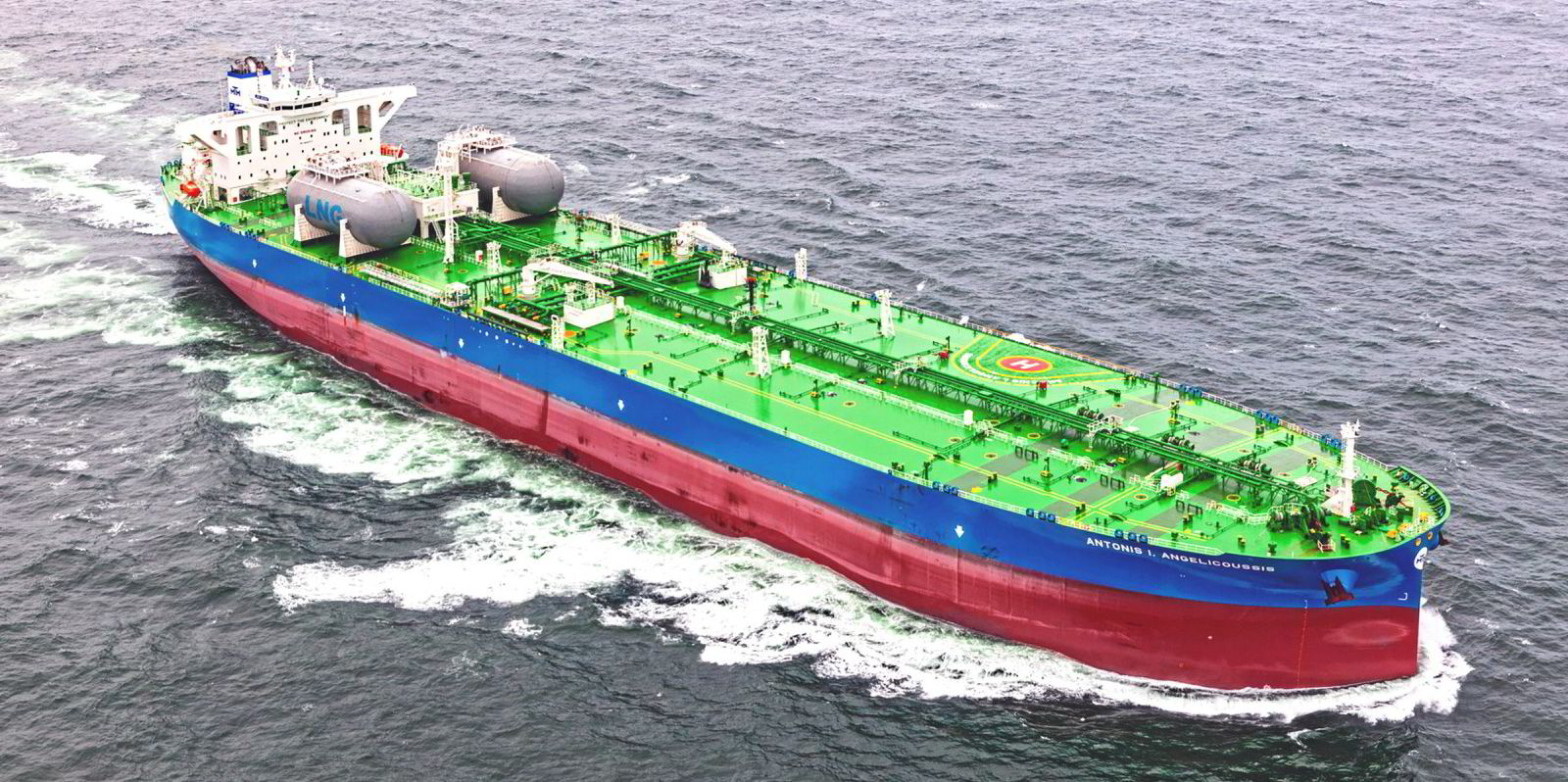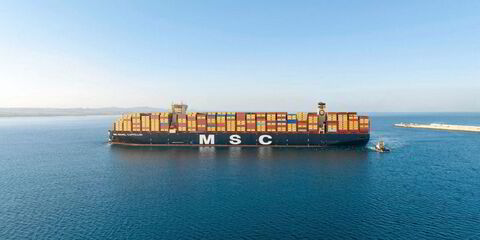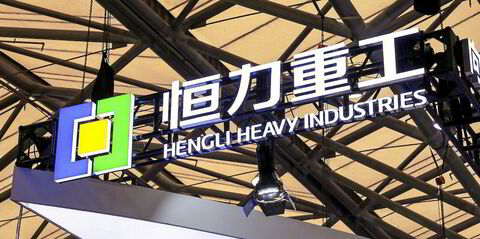Greece’s Okeanis Eco Tankers has revealed an improvement in its fleet efficiency as its fuel consumption drops.
The New York and Oslo-listed owner of VLCCs and suezmaxes has published its second environmental, social and governance (ESG) report, covering 2022.
The Average Efficiency Ratio of the fleet was measured at 2.09 grammes of CO2 per tonne-mile, reflecting an improvement of 13% in comparison with the previous year.
The Energy Efficiency Operating Indicator was down at 4.9 grammes of CO2 per tonne-mile, from 5.36 in 2021.
And the Energy Efficiency Design Index stood at 2.31 grammes per CO2 per tonne-mile, compared to 2.42.
The company's Scope 1 greenhouse gas emissions came in at 493,566 tonnes of CO2, down from 536,633 tonnes in the previous year.
Fuel consumption was cut to 157,932 in 2022, from 171,723 in 2021.
Chief executive Aristidis Alafouzos said 2022 had posed a number of challenges globally and within the industry, including significant geopolitical shifts, such as the events surrounding the war in Ukraine.
“These instances of disruption, along with the subsequent sanctions, impacted the value chain and underscored the importance of maritime transportation and the broader challenges within the energy landscape,” he added.
Okeanis has been replacing older and less efficient tonnage.
“We are fully dedicated to actively support targets aimed at combating climate change and promoting decarbonisation,” Alafouzos explained.
Retrofits to save energy
“This involves an evaluation of our impact on the environment, society and economy, along with a focused assessment of climate-related risks,” he said.
Energy-saving devices are also being widely used.
Pre-swirl ducts and rudder bulbs have been fitted to improve propulsion efficiency by between 3% and 6%.
At a recent drydocking, one of the tankers was painted with advanced silicone products that provide an anti-fouling and efficient hull coating.
This could be expanded to other vessels.
Based on recent operating data, Okeanis expects fuel consumption savings of more than 5% from this.
“Our policy is to apply silicone cover to the propellers of all the vessels undergoing dry dock. This results in more efficient propulsion and saving on underwater propeller cleaning,” Okeanis said.
Regular maintenance is also being carried out, with propeller polishing, sea chest grating cleaning and hull inspections scheduled every six months, resulting in estimated annual fuel consumption savings of 2% to 4%.




